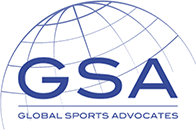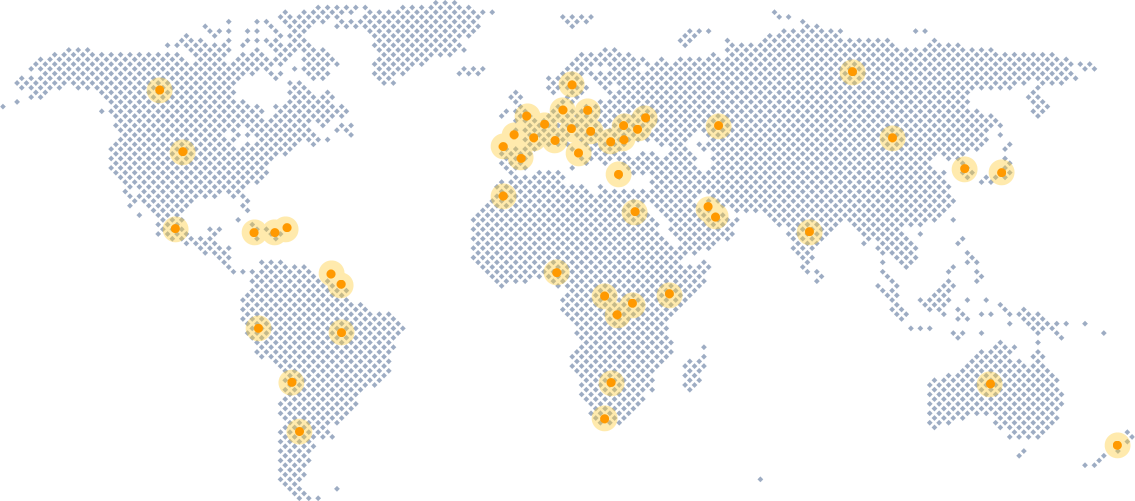
When a doping allegation arises, knowing your rights and the procedures ahead can mean the difference between a resolved case and a career-ending suspension. The experienced FIFA anti-doping lawyers at Global Sports Advocates have created this guide to explain the doping control process, what happens after an allegation, and how legal representation can help you protect your right to compete in the sport you love.
Table of Contents
The Initial Doping Control Process
During sample collection, you'll be kept under constant observation from notification until completion. Your sample will be divided into A and B portions, with each sealed and coded for laboratory analysis. You have the right to have a representative present, request additional information about the sample collection process, and ask for modifications if you have disabilities.
Laboratory Analysis and Results Management
Once your sample reaches a WADA-accredited laboratory, testing begins. The laboratory analyzes your A sample first, screening for prohibited substances and methods identified on the WADA Prohibited List.
If the A sample returns negative, the process will be over. However, if it shows an adverse analytical finding, the FIFA Anti-Doping Unit begins an initial review. They check whether you have a valid Therapeutic Use Exemption (TUE) for any detected substances and verify that proper procedures were followed during collection and analysis.
Notification and Your Rights
Your notification letter will explain that you may face an anti-doping rule violation under Article 6 of the FIFA Anti-Doping Regulations (presence of a prohibited substance) or Article 7 (use of a prohibited substance). It will also outline potential consequences, including possible ineligibility periods and disqualification of results.
We recommend that you seek the assistance of an experienced anti-doping lawyer as soon as you receive your notification letter.
The B Sample Analysis Process
The right to attend or have a representative attend the B sample opening and analysis (B sample analysis) is a bedrock procedural right. If the B sample doesn’t confirm the A sample finding, there will be no proof of wrongdoing, the case will be dropped and any provisional suspension will be lifted. However, if the B sample analysis confirms the A sample result, FIFA will proceed with formal charges.
Provisional Suspension
For non-specified substances (substances considered “more serious” doping substances) a provisional suspension is mandatory. For specified substances (substances considered “less serious” doping substances) a provisional suspension is optional but may still be imposed.
A provisional suspension bars you from participating in any competition or activity until your case is resolved. However, you’re entitled to a hearing to challenge the provisional suspension. This hearing allows you to present arguments aa to why the provisional suspension should be lifted because, for example, contamination is likely, but it’s not a full review of your case.
Formal Charge Process
If FIFA remains satisfied that you have committed an anti-doping rule violation, it will issue a formal letter of charge. This document outlines the specific violations alleged, the evidence supporting these allegations, and the consequences being sought.
The charge letter grants you 20 days to either admit the violation and accept the proposed consequences or challenge the allegations and request a hearing. If you take no action within this timeframe, FIFA may proceed with a decision based on available evidence.
Disciplinary Hearings Before FIFA
If you challenge the charges, your case goes to the FIFA Disciplinary Committee for a full hearing. This committee operates independently from FIFA's anti-doping unit.
During the hearing, you have the right to legal representation, interpretation services, and the opportunity to present evidence and call witnesses. The committee will examine all evidence, including laboratory results, procedural compliance, and any mitigating factors you present.
The FIFA Disciplinary Committee applies the "comfortable satisfaction" standard of proof to FIFA to prove an anti-doping rule violation was committed—higher than the civil balance of probability standard but lower than the criminal beyond a reasonable doubt standard.
Understanding Potential Sanctions
For first-time violations involving non-specified substances, the standard penalty is four years of ineligibility unless you can prove the violation wasn't intentional (establishing the likely source is the best way to do this).
For specified substances, the standard penalty is two years, but this can be reduced to as little as a reprimand if you demonstrate you have a low degree of fault and are entitled to a sanction on the lowest end of the range.
Substances of abuse may result in three months' ineligibility if use occurred out-of-competition, was unrelated to sport performance, with a reduction to one month if the player completes a rehabilitation program.
The FIFA Disciplinary Committee may also impose additional consequences, including disqualification of results from the date of sample collection, forfeiture of prize money, and financial penalties. These sanctions can be binding across all FIFA competitions and may be recognized by other sports organizations worldwide.
Appeal Rights and Processes
You maintain the right to appeal any adverse decision through FIFA's appeals process or directly to the Court of Arbitration for Sport (CAS). For international-level players, appeals are exclusively to CAS, while other players may appeal through their national federation.
CAS provides a final, binding resolution for most FIFA anti-doping disputes. The court conducts a full review of your case, including all evidence and legal arguments, without deferring to the initial decision-maker's findings.
Under the FIFA Anti-Doping Regulations, a player has 21 days from receipt of the reasoned decision to file an appeal at the CAS. The attorneys at Global Sports Advocates have extensive experience handling CAS cases and can guide you through each step of the appeal process.

